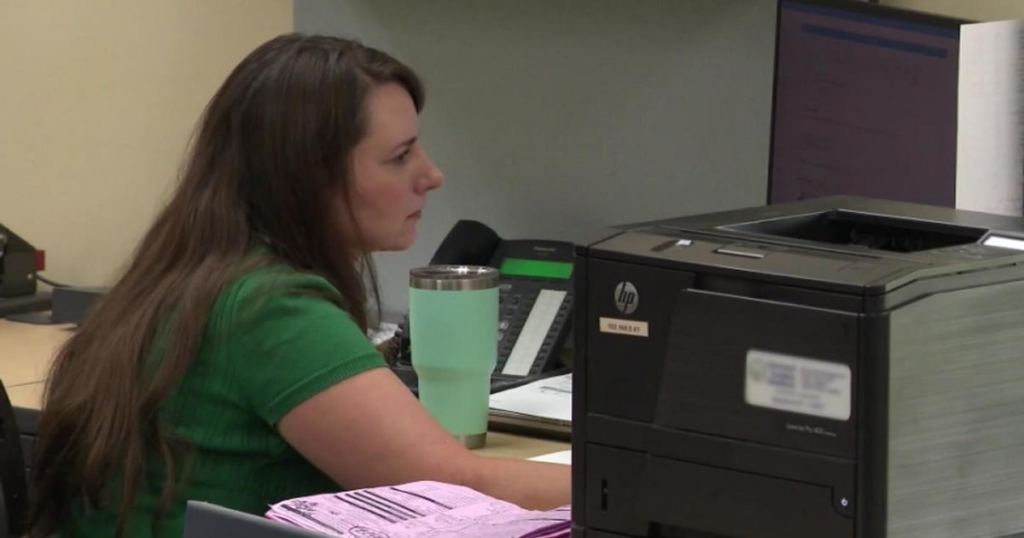New study finds deadlines don’t increase stress 2023

With a renewed emphasis on stress and increased discussion of exhaustion, more people are questioning the necessity of deadlines and whether they serve to motivate people to act. According to a recent study, the stress levels of knowledge employees, such as researchers and journalists, are unaffected by deadlines.
In high-stress environments, deadlines are frequently associated with negative emotions and are viewed as an additional obstacle.

There has been a recent trend toward missing deadlines whenever conceivable.
The National Science Foundation (NSF) in the United States, for instance, implemented no-deadline submissions for some of its funding programs. In the first-of-its-kind study, researchers from the University of Houston (UH), Texas A&M, and the Polytechnic of Milano investigated whether knowledge work near deadlines incurs a higher sympathetic load than knowledge work away from deadlines, according to a press release from the UH.
Ioannis Pavlidis, professor of computer science and director of UH’s Affective and Data Computing Laboratory, conducted the research that was published in the Proceedings of the ACM Human Factors in Computing. According to the statement, sympathetic activation is the state of physiological arousal that indicates how much people are “on the tips of their toes” and frequently results in anxiety.

According to the researchers, intensity and duration should be kept in control for this reason.
For the study, which was supported by a grant from the National Science Foundation, ten willing researchers were observed as they worked with and without a deadline for two days. According to the statement, their sympathetic activation was measured every second by quantifying their imaged perinasal perspiration levels.
The findings revealed that the researchers experienced a high level of sympathetic activation while performing their duties, demonstrating the demanding nature of their profession. However, the elevated sympathetic activation was the same whether deadlines were present or not.

Extensive smartphone use and prolific reading or writing were the only factors found to increase sympathetic activation. Nonetheless, researchers appeared to automatically regulate increases in sympathetic activation by adjusting the frequency of pauses. Researchers take a break every two hours, on average.
“Our naturalistic study not only provides new insights into the behaviors of researchers, but also challenges some commonly held beliefs about deadlines,” said Pavlidis. “With the recent advances in affective computing, I anticipate that such naturalistic studies will proliferate across domains, challenging many of our preconceived notions,” Pavlidis added in his statement.
